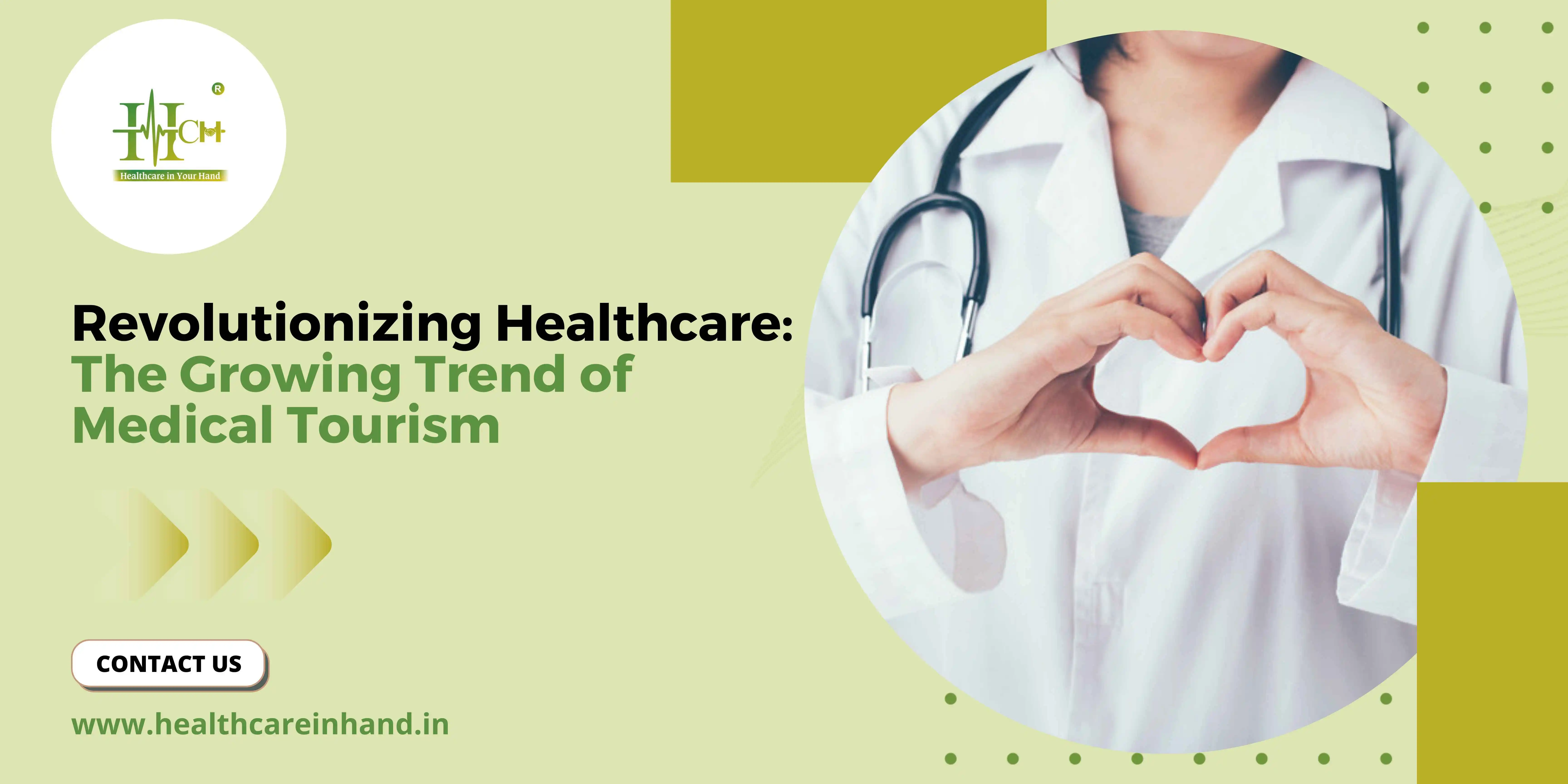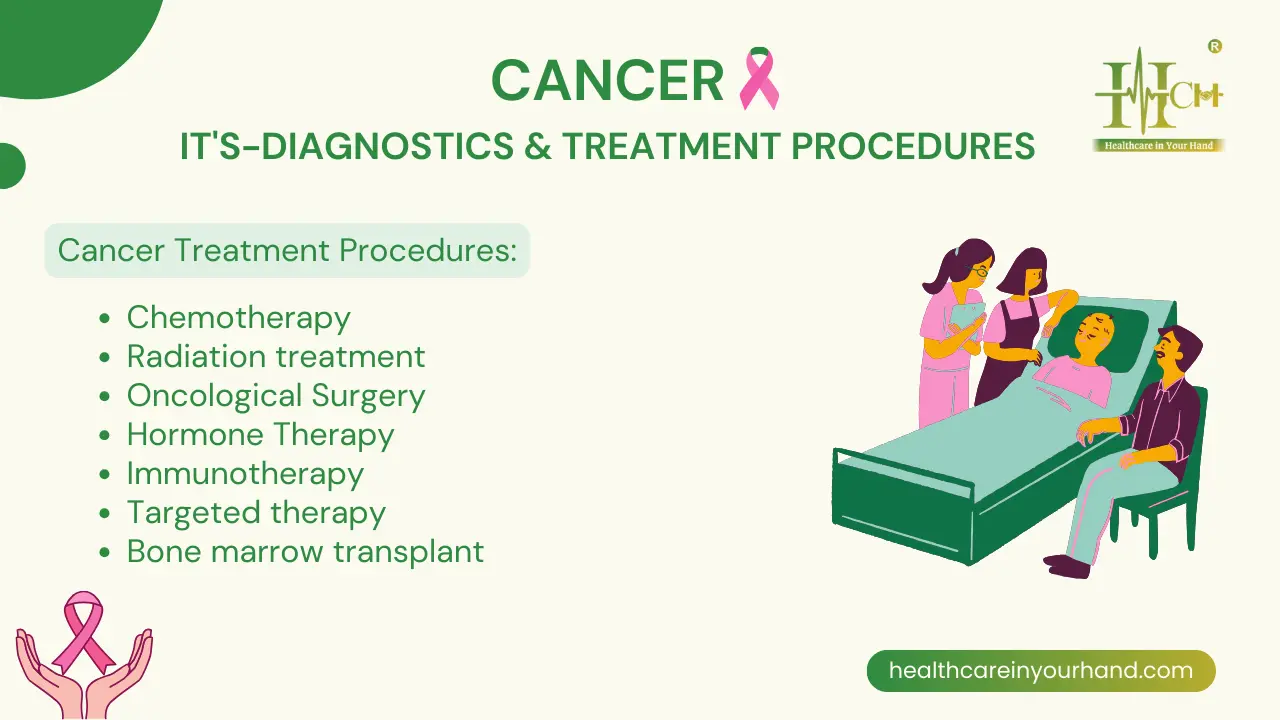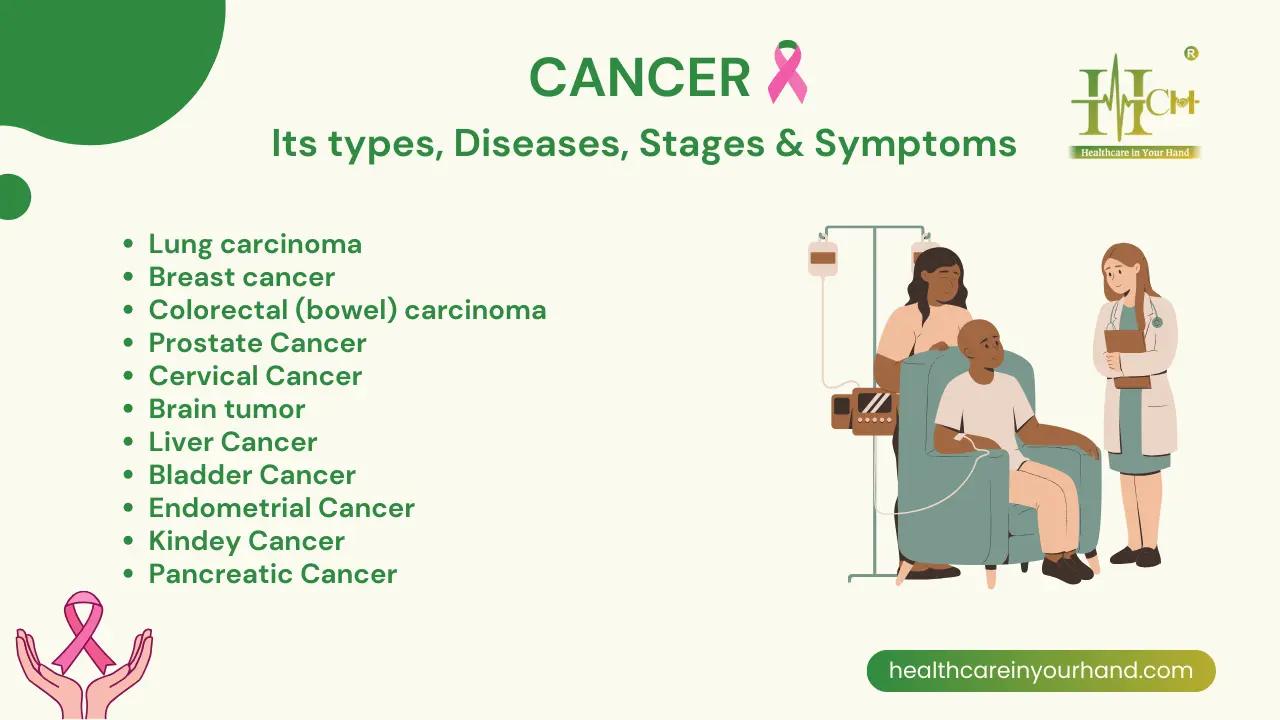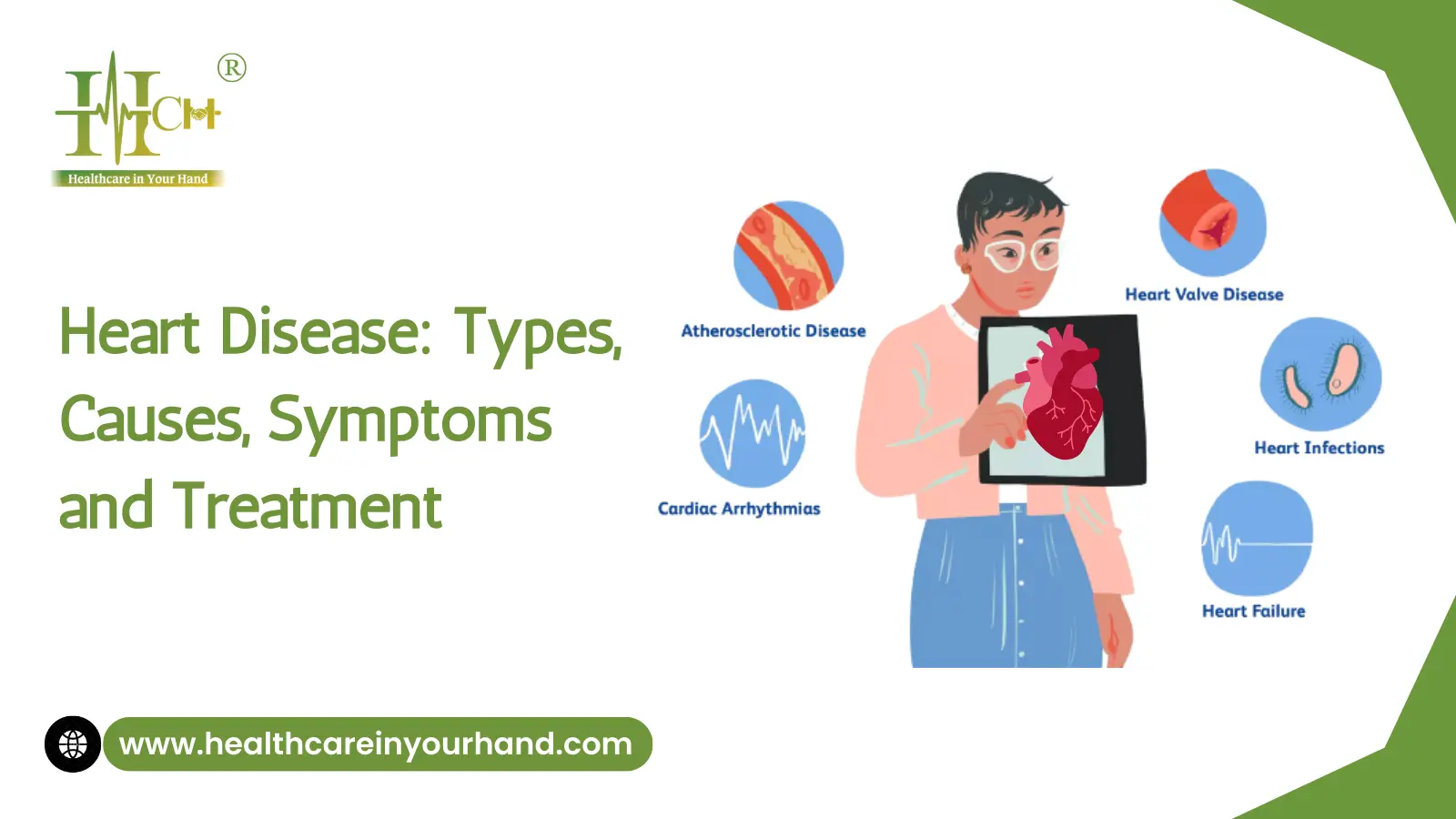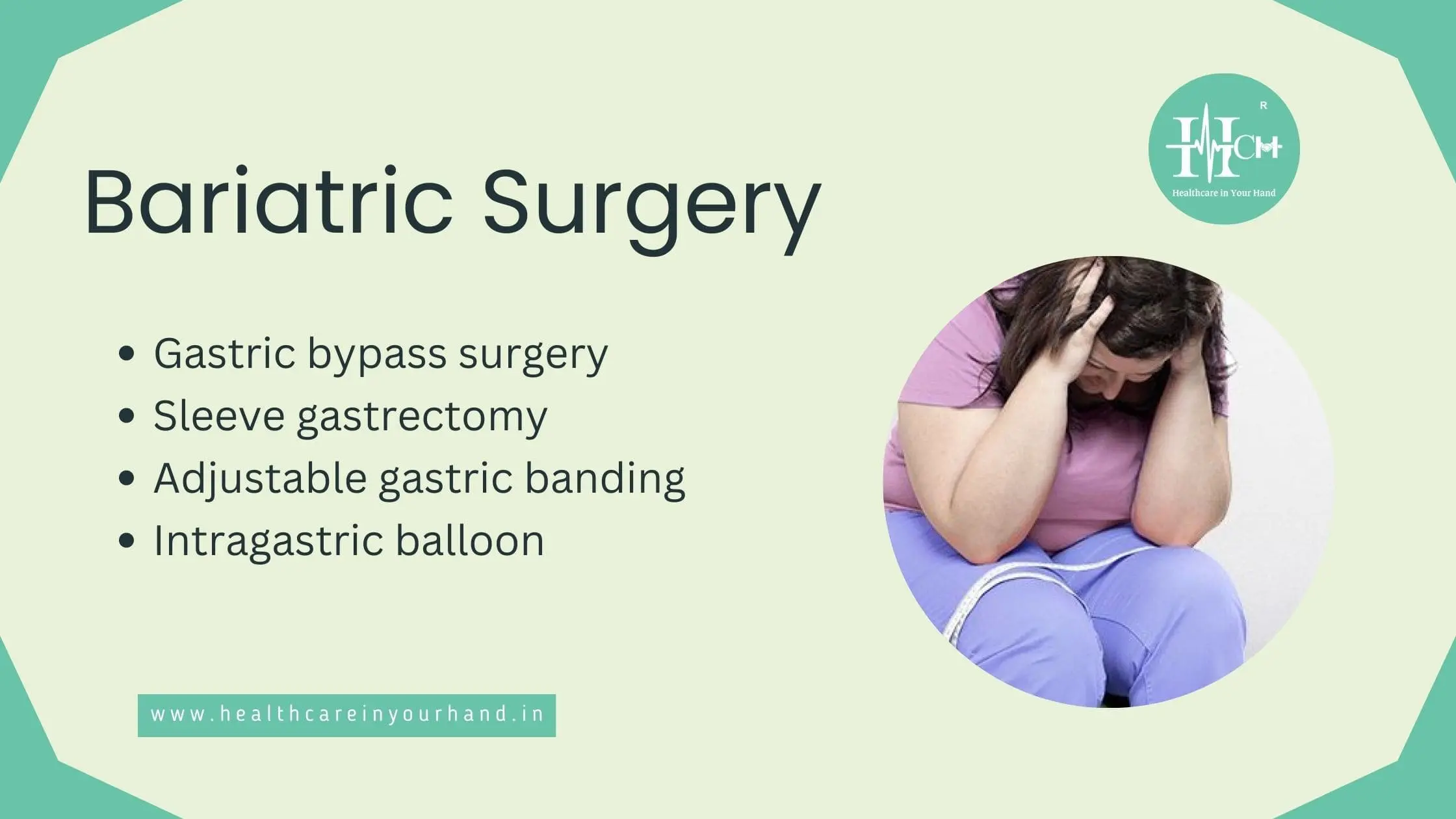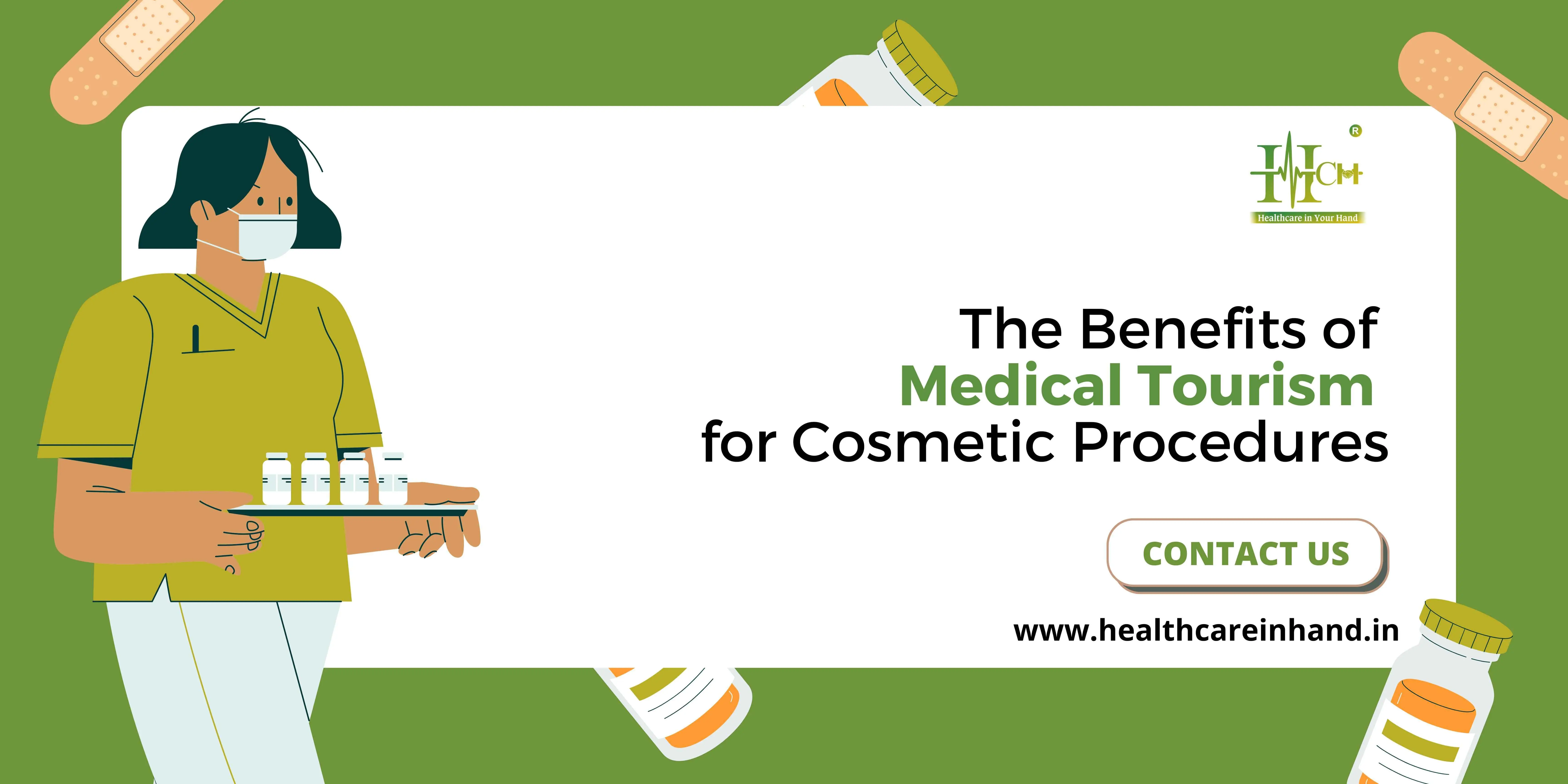Revolutionizing Healthcare: The Growing Trend of Medical Tourism
- 25 Jun, 2023
- 333
- Medical tourism
In recent years, the Medical
tourism sector has grown significantly, propelled by factors including the
rising expense of healthcare, protracted wait times for treatment, and an
increase in the number of patients looking for specialised medical care. In
actuality, the idea of travel for healthcare has roots in antiquity when people
roamed the earth in quest of the greatest medical facilities. Healthcare
providers are adopting cutting-edge tactics, technologies and trends reshaping
the medical tourism scenario in order to remain competitive and draw in foreign
patients.
Medical tourism is a thriving
industry closely related to sectors such as travel and tourism, wellness, information and technology etc. The fusion of the travel and healthcare
industries has gained popularity over the past ten or so years. Globally, human
mobility has been dramatically improved. The differences in cost, quality, and
availability among nations are the cause of this expanding medical tourism.
Medical tourism might not be as common as it is now, though, if these loopholes
are filled, expenses are kept in check, and quality standards are maintained.
The Industrial Revolution fuelled
technical improvements that accelerated the expansion of the healthcare
industry, including the phenomenon of health tourism and the current trend in
healthcare that includes digital health, mobile healthcare technology, etc. The
ultimate objective of healthcare globalisation is to simplify the exchange of
information, services, and expertise across international borders. This can
only happen by utilising the advancements in information technology. This
industry has experienced unprecedented growth thanks to technological
developments. Technologies like Web 2.0, Cloud Computing, mobile technology,
etc. are permeating the field of medical research. International cooperation
between healthcare groups is crucial to the development of the healthcare
system. Collaboration between private medical facilities, governmental
organisations, pharmaceutical firms, NGOs, educational institutions, investors,
and other stakeholders enables the provision of trustworthy, affordable, and
quick medical help to those in need. Hospitals and other healthcare
organisations frequently employ services like medical transcription, report
writing, claims processing, and help desk services.
For medical practitioners wishing
to expand their Medical tourism company, establishing strategic alliances and
collaborations are proved to be quite advantageous. Service Providers broaden
their influence, improve their offerings, and boost their reputation in the
global healthcare industry by collaborating with other organisations. Following
are a few examples of alliances and partnerships:
1.
International Healthcare professionals: Collaborating with
healthcare professionals from other nations made it easier to share
information, resources, and experience, which helped in enhancing patient
treatment and outcomes.
2.
Travel and Hospitality Sector: By collaborating
with travel companies, hotels, and other hospitality firms, healthcare
providers benefited from providing seamless, end-to-end medical tourism
experiences that are tailored to the requirements of patients from outside.
3.
Insurance Companies: By working together, healthcare providers
are being able to offer their patients more alluring and complete medical
travel packages.
The increased use of telemedicine
is one of the key developments influencing medical tourism. Utilising video
conferencing, online chat, and other digital communication methods,
telemedicine enables medical professionals to communicate with patients
remotely. Accessibility, convenience, and healthcare continuity are just a few
advantages that this technology offers medical travellers. Telemedicine and
tele wellness are expanding in the medical tourism industry to satisfy the
patients' varied wellness demands. Patient management portals are essential for
any medical tourism programme because they make it simpler for patients to
arrange travel, treatment, and leisure activities. Through online meetings
with therapists and coaches, tele wellness services helped in strongly assisting
pre and post-treatment follow-ups and illness management.
Additionally, by enhancing patient
privacy, data security, and trust, blockchain technology has helped in providing a vital role to revolutionise medical travel. Blockchain technology may be used
in the medical tourism sector in some of the following ways:
1.
To Secure Medical Records: Blockchain allows for
the safe storage and transfer of patient electronic health records (EHRs) to
various healthcare organisations, protecting patient privacy and enhancing care
coordination.
2.
Credential Verification: Blockchain can
confirm the legitimacy of medical practitioners' credentials, assisting
patients and healthcare providers in making sure they are hiring qualified
individuals.
3.
Smart Contracts: Blockchain-based smart contracts
can automate payment procedures, lowering the risk of fraud and streamlining
interactions between patients, healthcare providers, and insurance companies.
Healthcare uses AI extensively. The
medical tourism industry is being transformed by artificial intelligence (AI),
from patient care to operational efficiency. Personalised medicine, virtual
health assistance, and operational efficiency are all being made possible by
AI, and they are helping in reducing costs and improving patient experiences.
Patients' actions are affected by
their fear of the unknown. Patients who are considering a procedure in a
foreign institution will be keen to obtain prior knowledge of the system's
operation. Virtual reality (VR) technology is being implemented more often in
the medical tourism sector to enhance patient education, lessen anxiety, and
promote better decision-making. With the use of this technology, patients may
take a virtual tour of the hospital's facilities and visit the treatment and
rehabilitation areas in order to develop trust and confidence in the
procedure. In order to help patients prepare for their treatments, VR may also
replicate medical operations. This can reduce anxiety and raise patient
satisfaction. It is thought to be useful in lowering pain and anxiety during
medical operations and can be used as a non-pharmacological intervention to
enhance patient recovery.
Service providers are placing
substantial investments in concentrating on future medical tourism trends since
the audience is expanding quickly. More recent locales will provide intriguing
offerings. Innovative technology will be the driving force behind future
product and service innovation. In the midst of all these "new
happenings," patients are prone to get increasingly confused. Here, the use of advanced marketing methods
is crucial for convincing patients from abroad and functioning as a conduit for
knowledge transfer throughout the globe. Digital marketing strategies that aid
in bridging the gap between customers and healthcare providers include search
engine optimisation, social media marketing, content marketing, and online
reputation management.
Also, It is essential for
healthcare providers to recognise and meet the cultural demands of overseas
patients. Gaining cultural competency may boost patient satisfaction, enable
better communication, and promote trust between patients and healthcare
professionals.
Online reputation will play a
large role in determining how trustworthy and reliable the medical tourism
provider is. Said that 84% of customers use reviews as a substitute for
personal recommendations and 94% of healthcare customers look at internet
reviews before choosing a provider. Every time a patient chooses a physician,
they want to be confident they are in good hands. Therefore, marketers pay
closer attention to the online discussion taking place and make a concentrated
effort to increase the number of favourable reviews and comments. Aggregators
and healthcare service providers use a patient-centric approach to deliver the best
possible experience depending on the needs of the patient. To do this, therapy
programmes are being tailored to provide individualised treatment plans that consider
particular medical conditions, preferences, and aspirations. In addition, One
of the most crucial expectations in medical tourism is transparent pricing. Service
providers Giving patients accurate price information might help them make
knowledgeable decisions about their medical treatment and allay worries about
unexpected expenditures. Making overseas patients feel at ease during the
procedure is important since they must go to a new location. For this,
designating specialised patient coordinators or navigators can make sure that
patients who are travelling for medical treatment get the direction,
assistance, and information they require.
Healthcare organisations are
drawing in overseas patients, standing out from rivals, and achieving sustained
development in the medical tourism sector by embracing these cutting-edge
medical tourism methods. Organisations are utilising the most recent trends and
technology to flourish in the medical tourism sector with the knowledge and
assistance of Global Healthcare Resources.
Patients will seek out improved
wellness techniques for good health as the burden of sickness in the world
continues to rise. As personalised wellness programmes and medical tourism
become more and more entwined, a new market for medical tourism called medical
wellness tourism is emerging. In well-known medical tourism locations, there
are new investments being made in integrated medical wellness facilities.
In order to offer a delightful
medical wellness experience, reputable healthcare facilities are collaborating
with wellness resorts, spas, and centres. On the other side, wellness resorts
are employing medical professionals and developing diagnostic sets for a smooth
experience that guarantees desired results.
Medical tourism's future is rife
with ground-breaking technologies and developments that are altering the global
healthcare sector. From digital transformation and AI-powered technology to
personalised treatments and collaborative networks to improved accessibility,
personalised methods, and sustainable practices, medical tourism institutions
are revolutionising patient care in addition to providing top-notch medical
treatment.
Medical tourism will continue to
flourish as the globe gets more connected, allowing people access to
cutting-edge therapies, famous doctors, and advanced procedures. Emerging
medical technology and patient-centred care delivery methods are paving the way
for a new age of superior global healthcare, which offers enormous potential
for medical tourists. The best hospitals are setting the stage for a
revolutionary healthcare experience for patients all around the world by
keeping on the cutting edge of these developments and influencing the direction
of medical tourism.
